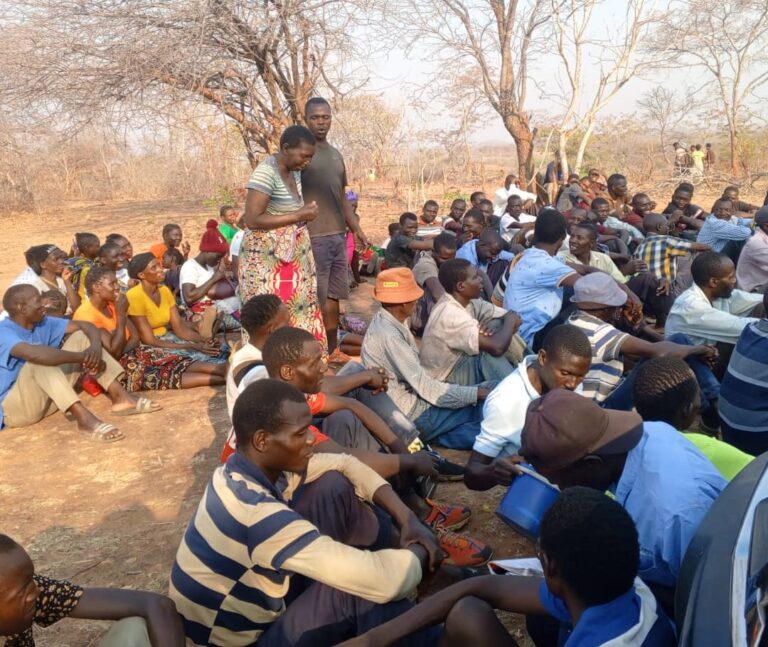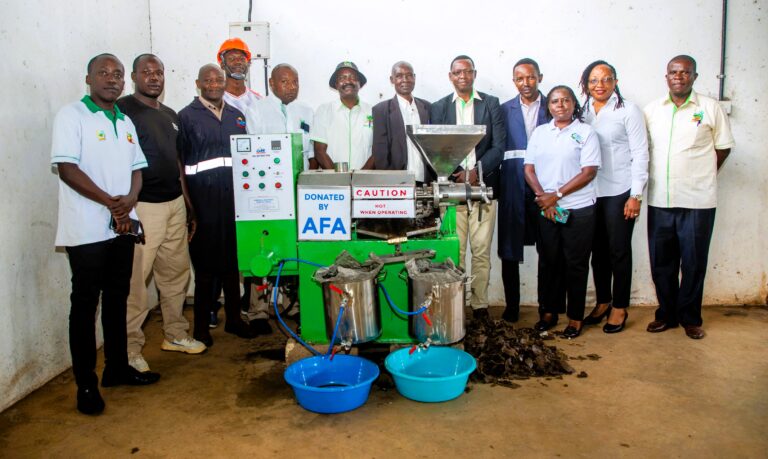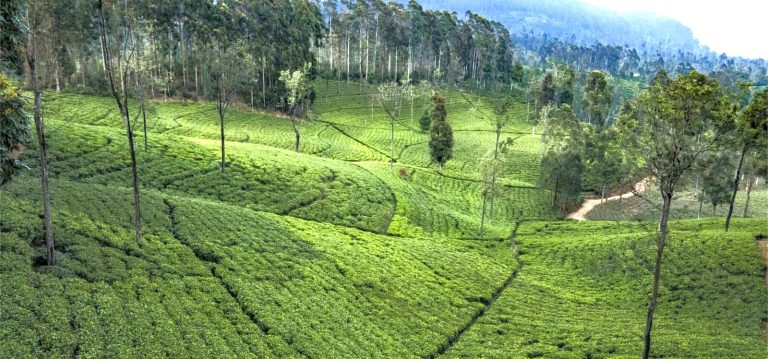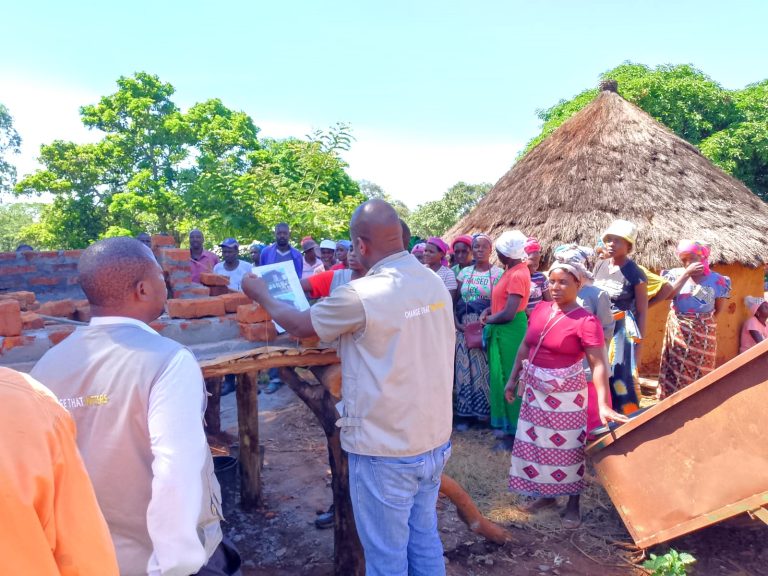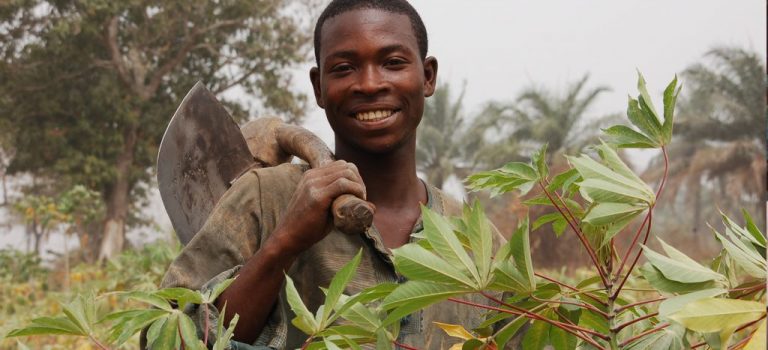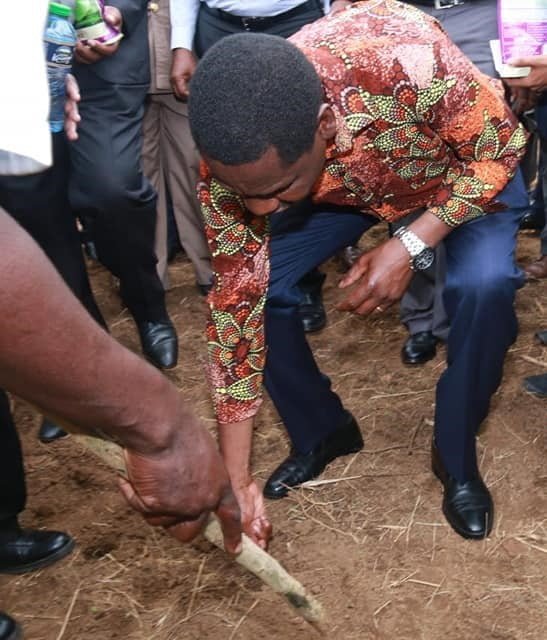By Kimuri Mwangi
In Malawi, like many countries in Africa, inequality persists as a significant challenge, particularly in the agricultural sector. Despite being largely agrarian economies, smallholder farmers in Malawi face immense disparities in access to inputs and other farming services, market opportunities, and socio-economic benefits.
According to the World Bank, around 80% of Malawi’s population relies on agriculture for their livelihoods, yet smallholders often lack access to modern farming inputs, financial services, and extension support, leading to lower productivity and income levels compared to larger commercial farms. It is against this backdrop that Solidaridad’s Pathways to Prosperity Programme strives to tackle such deep-rooted inequalities through a transformative system change.
“As Solidaridad, we strive for an economy that works for all. We dare to push for farmers and workers in Southern Africa to earn a living income in spite of the inequalities which are further exacerbated by gender disparities, with women farmers facing additional barriers to land ownership, credit access, and decision-making power within households. Solidaridad’s Pathways to Prosperity Programme exemplifies the type of transformative change needed, aiming to ensure equal and rewarded participation of producers in global value chains while addressing the underlying inequalities that persist in agricultural systems across Africa,” says Shungu Kanyemba, Managing Director for Solidaridad Southern Africa.

According to Kanyemba, to address these deep-rooted inequalities and foster sustainable development in Malawi’s agricultural sector, there is an urgent need for transformative system change. Such change should prioritize the creation of inclusive policies and programs that provide smallholder farmers, particularly women, with equal access to resources, markets, and decision-making processes. By investing in innovative solutions such as digital technologies for farm management, climate-smart agriculture practices, and inclusive financial services, Malawi can empower smallholders to improve their livelihoods, enhance food security, and contribute to overall economic growth.
“As the name suggests, Pathways to Prosperity embodies Afrocentric-cultural worldviews that uphold collective community growth and values. This programme is implemented in partnership with the local cotton and tea industry major players including the Cotton Council of Malawi, Cotton Farmers Association and the Tea Association of Malawi with Kvuno playing an important role in connecting the industry digitally. In the spirit of transparency and maintaining open doors, Solidaridad’s Pathways to Prosperity Programme Management Team will be visiting Malawi from 7-13 April 2024 – and will be taking several Malawian journalists with to the fields – to come face-to-face with the farmers, beneficiaries, stakeholders, partners and donors who make all the difference. Media is a vital stakeholder in raising awareness to our efforts to make sustainability the norm in Malawi and the rest of Southern Africa,” says Humphrey Nxumalo, Head of Programmes at Solidaridad.
According to Nxumalo, the annual field trip aims to track project progress, connect with local teams, learn and share with each other, enhance understanding of the programme’s implementation modalities, and identify opportunities for synergy and partnership development. Highlights of the field trips include visiting Nsalu Kvuno Hub and Lisaka Cooperative farmers, attending Salima Cotton Seed Multiplication Field Day, going to the Tea Association of Malawi and more.
“We need to break silos if we are to have a shot at combating food insecurity and elevating the voices of voiceless farmers. Kvuno supports interventions that bridge digital and service gaps and enhance last-mile services in local economies. We are all about using digital tools and technology to empower smallholder farmers for wealth creation through farming and offer holistic solutions that are co-created with communities, experts and farmers. From having partnered with Solidaridad on this program, it gives us great pleasure to walk the mile on the ground with our farmers as we navigate this transformational journey together,” says Lydia Banda, Regional Operations Lead at Kvuno.
The seven-year Pathways to Prosperity Programme (2023-2029) is made possible with the financial support from the Netherlands Ministry of Foreign Affairs



